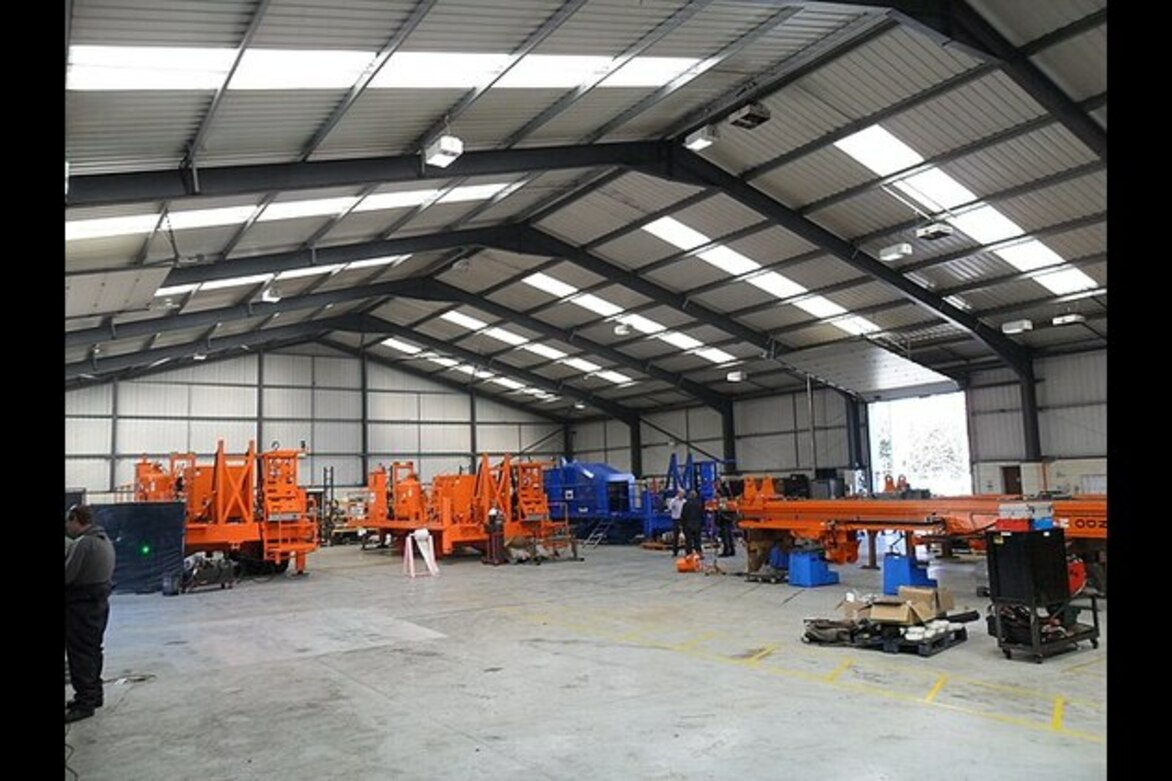Fall in U.S. manufacturing adds to difficult investment climate
Big News Network.com
03 Jun 2025

NEW YORK CITY, New York: Weak U.S. manufacturing data, renewed tariff concerns, and rising oil prices are giving investors plenty to digest.
A report from the Institute for Supply Management showed U.S. manufacturing shrank more than expected in May, raising concerns about the sector's outlook amid trade uncertainty.
"The impact of ever-changing trade policies of the current administration has wreaked havoc on suppliers' ability to react and remain profitable," a transportation equipment company said in the ISM survey.
Another manufacturer said, "Government spending cuts or delays, as well as tariffs, are raising hell with businesses. No one is willing to take on inventory risk."
S&P Global's manufacturing index offered slightly better news, but the headline figure masked deeper concerns. "Uncertainty caused by tariffs has worries high about supplier delays and rising prices," said Chris Williamson, chief business economist at S&P Global Market Intelligence.
Markets are also being rattled by renewed tension between the U.S. and China. Beijing criticized Washington for recent moves, including AI chip export restrictions and threats to revoke Chinese student visas.
"These practices seriously violate the consensus" reached in Geneva last month, China's Commerce Ministry said.
President Donald Trump, meanwhile, has announced a sharp increase in tariffs on steel and aluminum imports—doubling both to 50 percent—to protect domestic industries. That pushed steelmakers' stocks higher on Monday, with Nucor up 8.3 percent and Steel Dynamics gaining 9.3 percent. However, carmakers felt the pressure: General Motors fell 4.6 percent, and Ford declined 4.4 percent.
Oil prices also jumped following OPEC+'s decision to increase production and mounting geopolitical risks from attacks in Russia. U.S. crude rose 3.9 percent to US$63.19 a barrel, while Brent gained 3.8 percent to $65.15.
Bond yields continued climbing, with the 10-year Treasury yield rising to 4.46 percent from 4.41 percent late last week. The increase, driven by concerns over U.S. debt and deficit plans, added pressure on borrowing costs.
In global markets, most major indexes fell at the start of the week, including Hong Kong's Hang Seng and Japan's Nikkei 225, following signs of slower factory activity in China.
